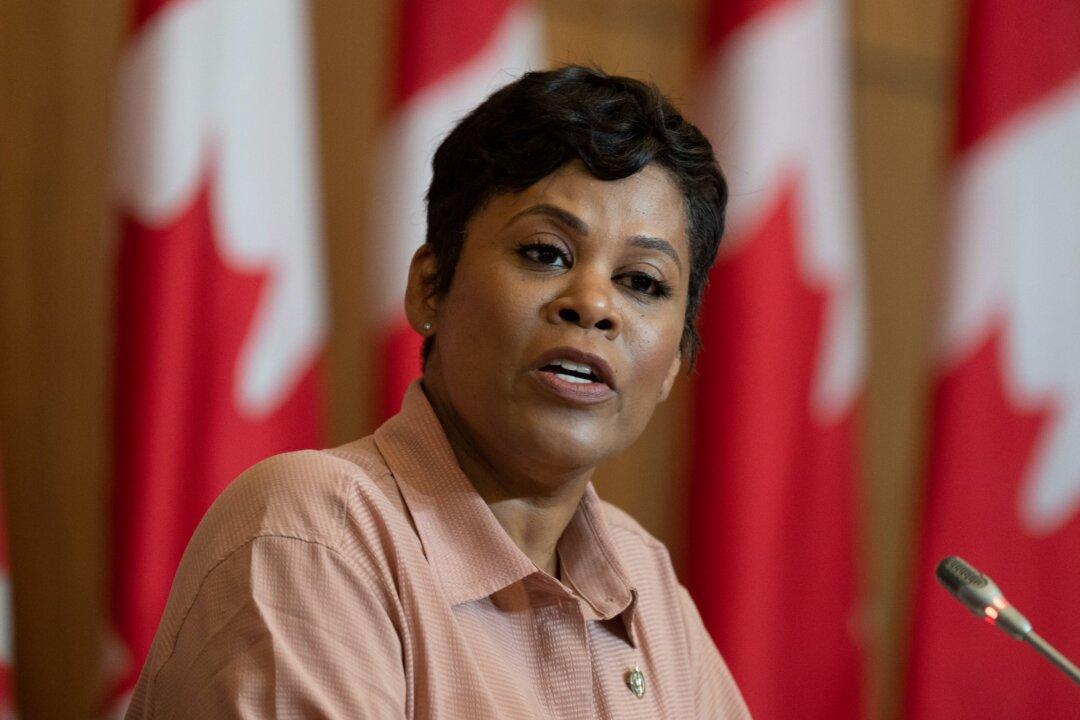Canada’s minister for women, gender equality, and youth is critical of New Brunswick and Saskatchewan’s new policies saying schools must have parental consent to use the chosen name of a child who is changing genders.
“We’re watching closely as this develops,” Minister Marci Ien told The Canadian Press on Aug. 30. She decline to say whether Ottawa would get involved directly.





